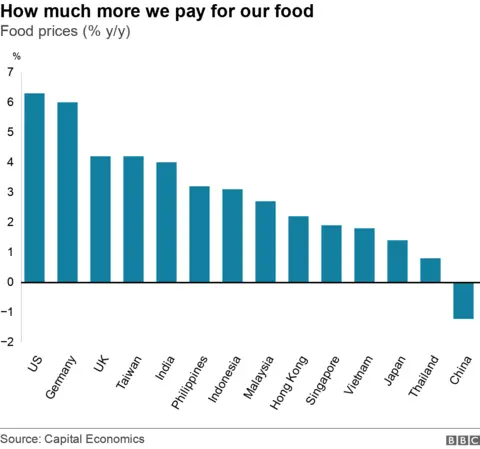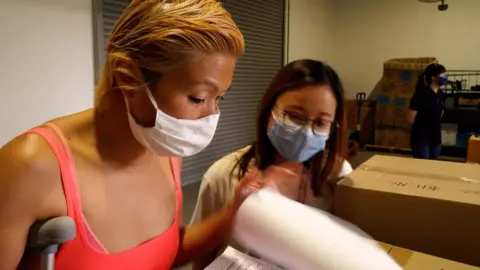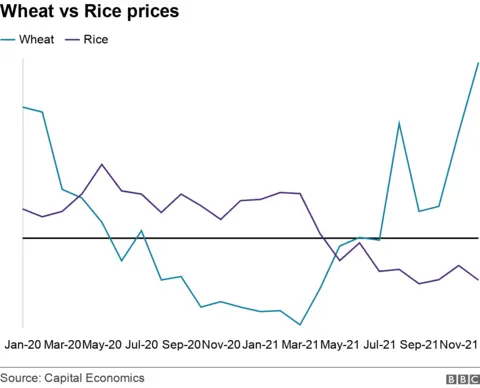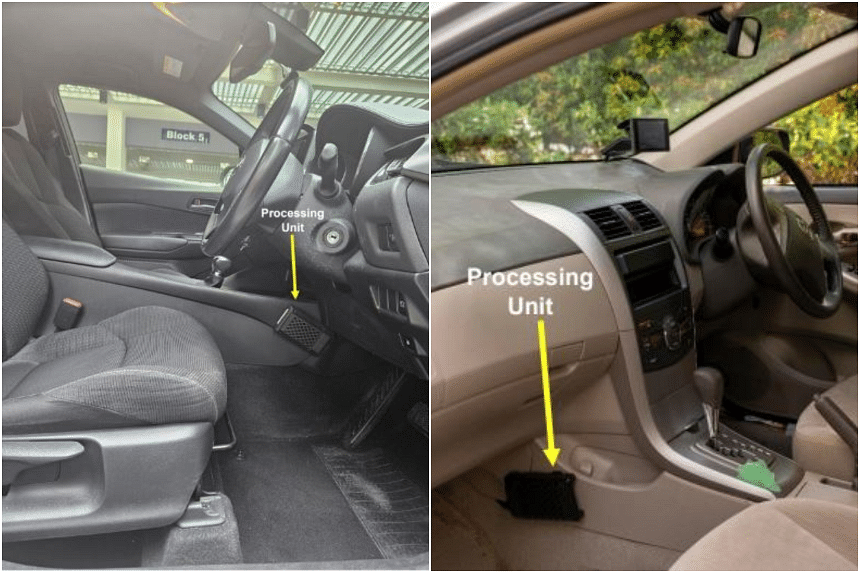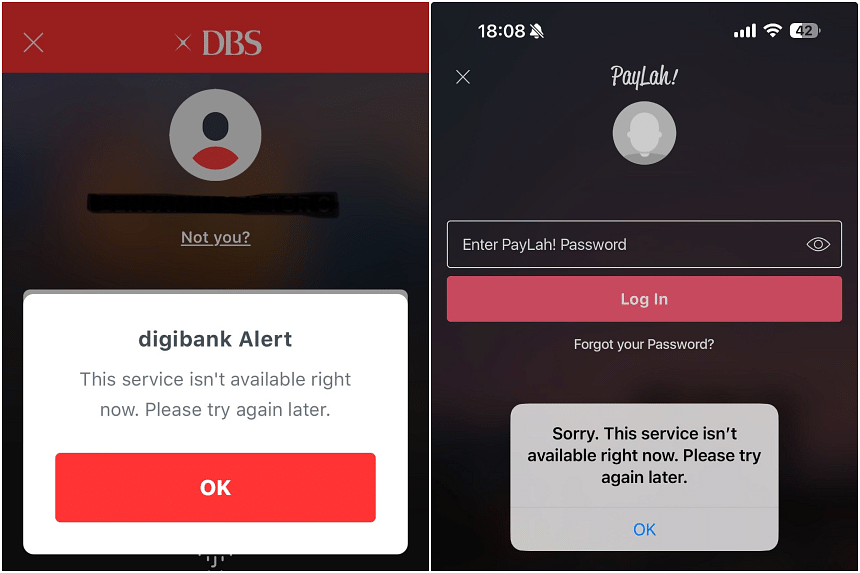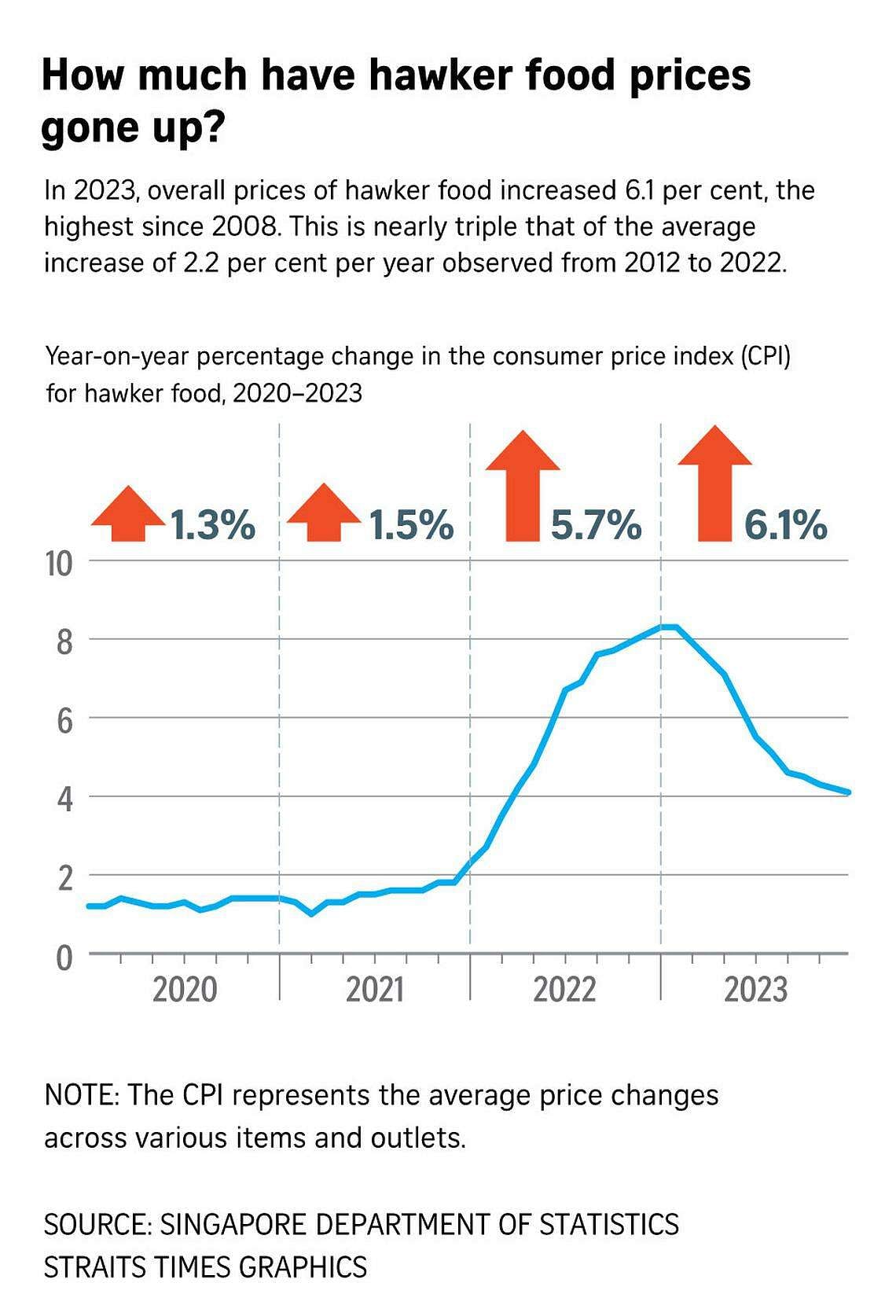- Joined
- Jul 25, 2008
- Messages
- 13,542
- Points
- 113
Forum: Insurance company making it hard for policyholders to have continuity of care
APR 07, 2024
I have been a loyal policyholder of Income Insurance for decades, with six policies with the company. However, Income Insurance has introduced new terms and conditions regarding panel and non-panel specialist doctors in its Integrated Shield Plans.
I had a long-established patient-doctor relationship with my specialist doctor A. When I needed an operation, I was informed that I would need to pay a $2,000 non-panel deductible if I continued treatment with doctor A, as she is not on Income Insurance’s panel. I was advised to see another specialist, doctor B, who was on Income Insurance’s panel, to avoid paying the deductible.
Now, I have learnt that doctor B has left Income Insurance’s panel, and I would have to find a new doctor to continue my care.
Some of my friends have faced similar issues, needing to change their specialist doctors due to Income Insurance’s mandate to use panel doctors, or pay the deductible, which is up to $2,000 in each policy year.
This policy may affect patient autonomy, and continuity of care. It also increases healthcare costs, as new doctors may need to repeat previous tests and procedures and re-evaluate the previous treatment plan.
Continuity of care is essential for managing chronic conditions, ensuring accurate diagnoses, and fostering trust between patients and their healthcare providers.
This policy does not seem to be in line with the Ministry of Health’s Healthier SG programme that encourages us to stay with one doctor to develop and enjoy a long-term trusted relationship.
I hope Income Insurance will reconsider this policy and uphold the principles of patient-centred care and fairness that prioritise the well-being of policyholders.
Ng Sout San
Forum: Insurance companies should be transparent about how they pay doctors
APR 10, 2024
I refer to Ms Ng Sout San’s letter “Insurance company making it hard for policyholders to have continuity of care” (April 8).
As doctors and insurers continue to debate over remuneration amounts and the role of panels, we sometimes forget the people we are serving –our patients. As a breast surgeon myself, whenever I speak up on such matters, I might be perceived by some as self-serving. Therefore, I am glad members of the public are speaking up about what they need.
All of us need access to healthcare at some point in our lives. We must take an active interest in open discussion to better shape policy.
Patients should have access to any doctor of their choice. I have heard ad nauseum the same old arguments of how panels help to reduce costs, and accusations of overcharging by doctors and hospitals. The Ministry of Health has stepped up efforts to rein in these costs. I call for transparency in how insurance companies remunerate doctors. Currently, contracts with non-disclosure clauses are signed between doctor and insurer when they enter a panel, with all the caveats and limitations to adhere to.
Just as common procedure and hospital fee benchmarks are listed in public domains, I propose that insurers should also let their policyholders (or even the public) know about their fee schedules for common procedures.
In addition, I propose that a modified reimbursement be considered–where a company offers a certain fee, but patients can choose to top up the difference for a highly skilled and experienced doctor that they choose. This has multiple benefits where doctors will be mindful of fees and charge appropriately, and patients will be truly empowered to decide where they go for treatment.
Every month, new doctors join the private sector. Are insurers keeping up with reviewing and expanding their panels to include these doctors who can bring new skill sets and knowledge to help patients?
I fully respect the work and necessity of insurers in paying for healthcare bills. I am committed to creating a fair ecosystem, and for always putting patients first. Let all the stakeholders collaborate in educating patients, so that they can make an informed choice in which insurer they use, which doctor they choose and which hospital they go to.
Tan Yia Swam (Dr)



